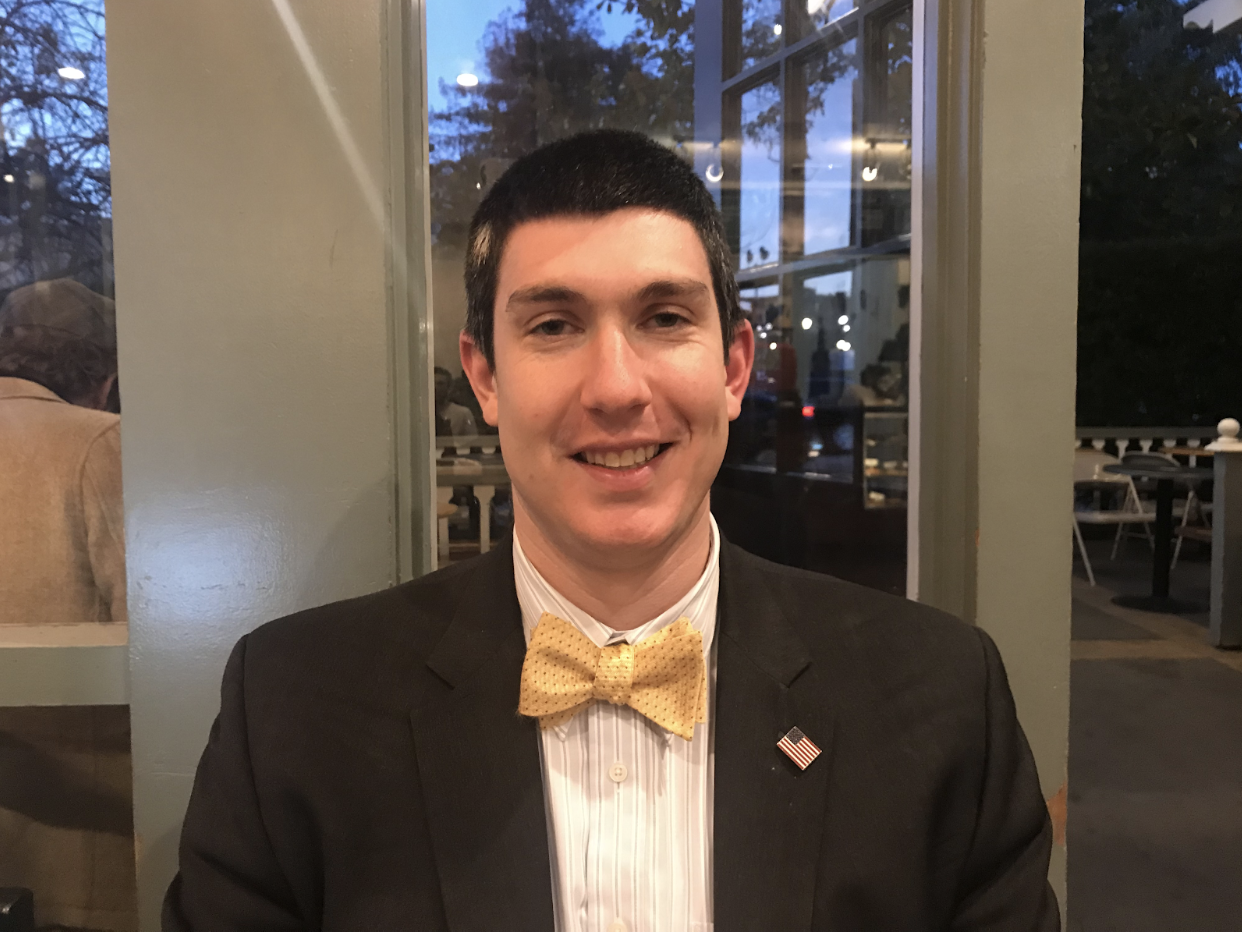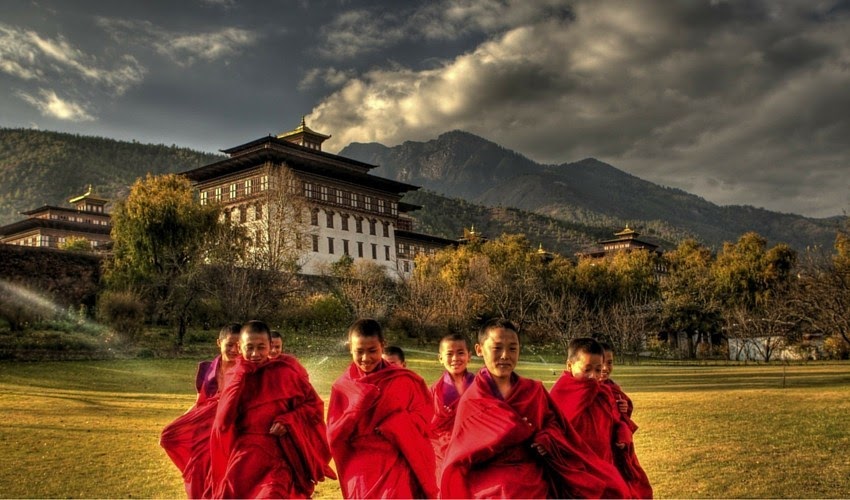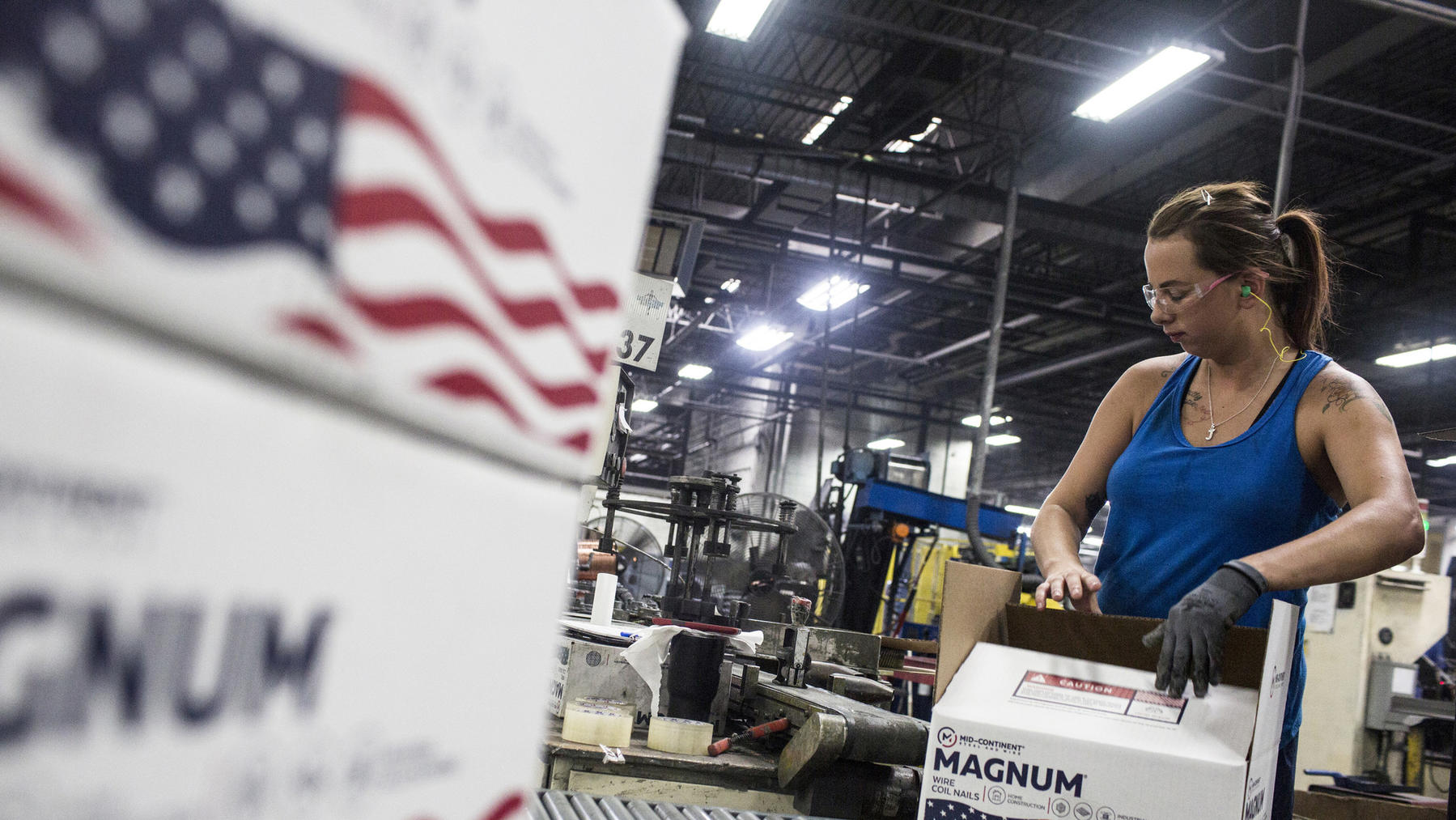
ANIKA MIRZA – MARCH 28TH, 2019
Philip Rogers is a Head Graduate Student Instructor for Political Science Two: Comparative Politics and a second-year PhD student studying comparative politics with a focus on China. BER staff writer Anika Mirza sat down with Philip on February 19, 2019 for the following interview.
Anika Mirza: I am here with Philip Rogers who teaches my discussion section for Political Science Two: Comparative Politics and focuses on studying China.
Philip Rogers: I became interested in Chinese because way back in the day I was interested in doing government work for the CIA or state department, and those agencies give bonus points on job applications for speaking languages critical for international relations work. Then I started learning the language and meeting more people and I got interested in the country, the culture, and the people. I ended up studying in China and then getting a job there as a paralegal at a Chinese law firm.
AM: I wanted to ask you about China’s economic growth. A lot of political scientists believed it would lead to democratization, but it hasn’t. Why do you think that is?
PR: That’s a really good question. For one thing, there has been an overt effort on the part of the government to prevent democracy. Weather or not we’ll see democracy in the future is still to be determined—there are a lot of people who think it’s still inevitable. China also has been able to point out democracy’s foibles, for example, during 2008 China pointed to the West and said look they’re imploding on themselves financially.
AM: Do you think that the view in the West that China will inevitably become democratic is influenced by a Western perception that the average person wants democracy to begin with?
PR: I’m with Winston Churchill when he said democracy is a horrible form of government, but it’s the best one we’ve got. At the same time, it’s important as Americans to recognize not everyone else has that same assumption. The desire for democracy may not be as universal as Americans may tend to think.
AM: How has Trump’s presidency affected our relationship with China?
PR: I was in China when he was running in the primaries and people kept asking me is he serious? Now, Trump is in some ways an opportunity for China, since the U.S. is retreating from global leadership. Initially, a lot of people in China thought “this is great you’ve got a loony tune running your country,” and they thought America was going to crash itself into the ground. After the trade war started that changed Trump from a comical figure to someone impacting China negatively. In the future though I think the trade war will be resolved. Looking at Sino-American relations there are often ebbs and flows. There is so much economic integration that there is certainly a need for each other. There is this Coke ad actually with Lebron James and Yao Ming staring each other down before a basketball game, Lebron James flies in on an eagle and Yao Ming a dragon—there’s all these cultural stereotypes and they’re growling at each other. Then they pull out a Coke bottle and they clink glasses. I think that’s a perfect embodiment of Sino-American relations: a simmering undercurrent of cultural competition, but in the end the countries move beyond conflict.
AM: The U.S.’s foreign policy is usually framed politically even when likely based in economic motives. Would you say China seems to—both publicly and in actuality—be motivated more by economic interests?
PR: That’s an interesting question because ten years ago the answer might have been different than now. In 2008, for example when they were making oil deals with Sudan, it was certainly economic. Currently, I believe economic interests are still the overriding factor, but it’s shifting a little bit.
AM: Speaking of China’s foreign policy, why do you think they support North Korea?
PR: China gets very apocalyptic when Kim tests nuclear weapons. One reason China is invested in North Korea is in the event of a regime collapse there would be a massive flood of refugees into China. China is very squeamish about having even more people to have to take care of, since they already have a population of 1.2B. Ultimately, China would love to see a diplomatic resolution of some kind.
AM: Do you think Asian countries negotiating a diplomatic solution to the North Korean problem without U.S. involvement could be more effective?
PR: That’s a really good question. An inter Asian conversation would have its own issues considering Japan and South Korea’s relationship. However, those countries do have more skin the game.
AM: I was also wondering how American media should navigate being allowed in the country by the CCP, while still reporting ethically. For example, we read for class, the New York Times covered the personal finances of China’s premier Wen Jiabao and is now blocked in China. Conversely, Bloomberg is still allowed to be in China as they have tried very hard to be apolitical.
PR: The funny thing is the New York Times set up a Chinese language website and everything and now it’s blocked in China without a VPN. You’re right in questioning how media should report on one of the biggest economies in the world, while still giving people the information they want and need. One way is there are certain areas the government does want reported on such as the environment and anything economic policy. Media companies of course have to do it without pissing off the wrong people: it’s like playing with fire. Another way to report on China is there are some people who used to live in China and now live in San Francisco or New York and they basically spill their guts to journalists about what it’s like to live in China.
PR: I was actually in China when Chen Guangcheng, a blind rights lawyer, escaped house arrest and made it to the US embassy. In fact, I gave a presentation on the topic, I was studying there at the time, and everyone was like what is this? They hadn’t heard of it! There was some news on it, but it was not the front page story it was here. It was also a different side of the story that was reported, media outlets focused on how the U.S. was interfering in Chinese affairs again. It wasn’t at all about Chen Guangcheng who had committed his life to helping average people gain rights. That was only a story you got in America.
Disclaimer: The views published in this journal are those of the individual authors or speakers and do not necessarily reflect the position or policy of Berkeley Economic Review staff, the Undergraduate Economics Association, the UC Berkeley Economics Department and faculty, or the University of California, Berkeley in general.



